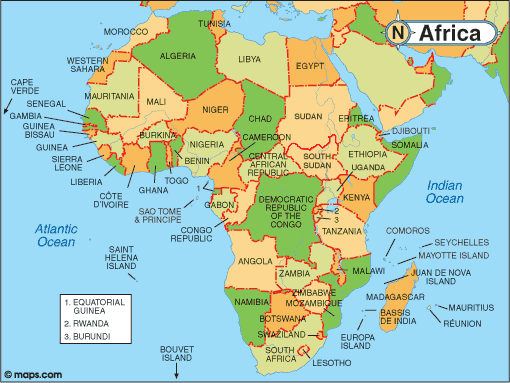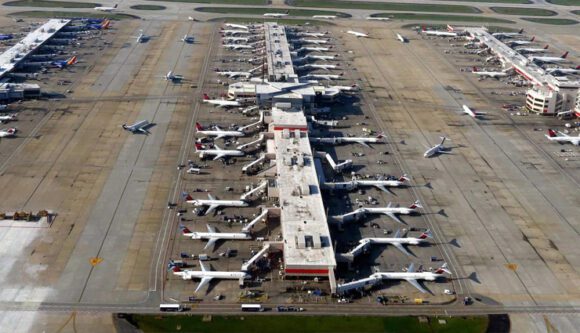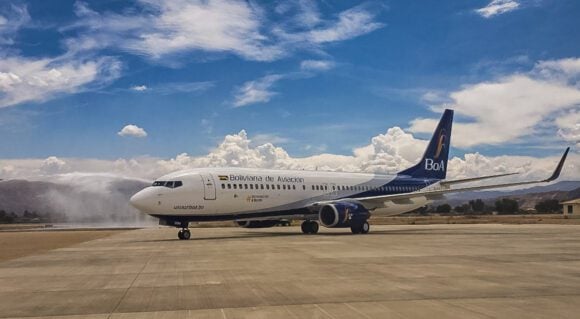
mapAfrica
Africa’s bid for open skies is finally on the take-off run, following the launch in Dakar on Monday of a pilot to kickstart the long-delayed Single African Air Transport Market (SAATM). In the shadows of the 23rd anniversary of the Yamoussoukro Decision, the launch was headlined by Togo’s minister for Rail, Road, and Aviation Affoh Atcha-Dedji, and Senegal’s Minister for Aviation and Airport Infrastructure and host of the meeting, Doudou Ka. SAATM inches towards take-off.
The Yamoussoukro DecSAATM inches towards take-off with the launch of 15 state pilot
The Decision came into force in July 2000 following its endorsement by African Heads of State and Government in Lomé, Togo. Although the major objective of the decision was to improve connectivity and integration of Africa through liberalization of scheduled and non-scheduled air transport services and removing all restrictions on traffic rights, capacity, and frequency between city pairs for all African airlines, the continent has struggled to actualize it.
According to a statement issued by the African Civil Aviation Commission (AFCAC), the SAATM Pilot Implementation Project (PIP) involves 15 of the 35 signatories to SAATM. They are willing and are believed to possess the basic enablers for fully liberalized skies on the continent. Although no firm date for the first flight has been set, the PIP is expected to “accelerate air transport liberalization, connectivity and integration in Africa” The 15 pilot states are expected to further align “their respective Air Service Agreements (ASAs)” during the International Civil Aviation Organisation’s Air Services Negotiation event ICAN2022 event that kicks off in Abuja on December 5.
Speaking during the Yamoussoukro Day event, AFCAC Secretary General Ms. Adefunke Adeyemi said AFCAC would, in concert with all the stakeholders, “proceed with clear actions and timelines to achieve SAATM implementation.”
The fifteen states and national carriers ready to launch SAATM are Cabo Verde, Côte d’Ivoire, Cameroun, Ethiopia, Ghana, Kenya, Morocco, Mozambique, Namibia, Nigeria, Rwanda, Senegal, South Africa, Togo, and Zambia.
“The launch of SAATM as the first flagship project of the AU Agenda 2063 on 28 January 2018 is considered a turning point towards the full liberalization of the air transport market on the continent. Today’s event is meant to accelerate the implementation of the YD leading to the full and sustainable implementation of SAATM. It is expected that the activity will culminate in these member States aligning their respective Air Service,” Adeyemi said.
According to a recent study by the African Union on the potential benefits of SAATM implementation, the continent would gain an additional $4.2bn in GDP, 596,000 new jobs, and a 27% reduction in fares.
“The study also assessed the level of the Yamoussoukro Decision (YD) implementation and the efficacy of SAATM operationalization for each Member State and arrived at a “preparedness” rating using the SAATM enablers. A SAATM enabler is a stand-alone air transport feature or policy that contributes to the holistic aviation framework, which acts as an essential ingredient that leads to a successful aviation sector. These 15 States met the favourable environment for successful SAATM implementation,” AFCAC says.
AFCAC says that 35 Member States have committed to unconditionally implementing SAATM, while 21 States have signed the Memorandum of Implementation (MoI) for its operationalization and implementation. The 35 states are estimated to account for over 85% of intra-African traffic and over 800 million of Africa’s 1.2 billion population.
Views: 4





Very informative